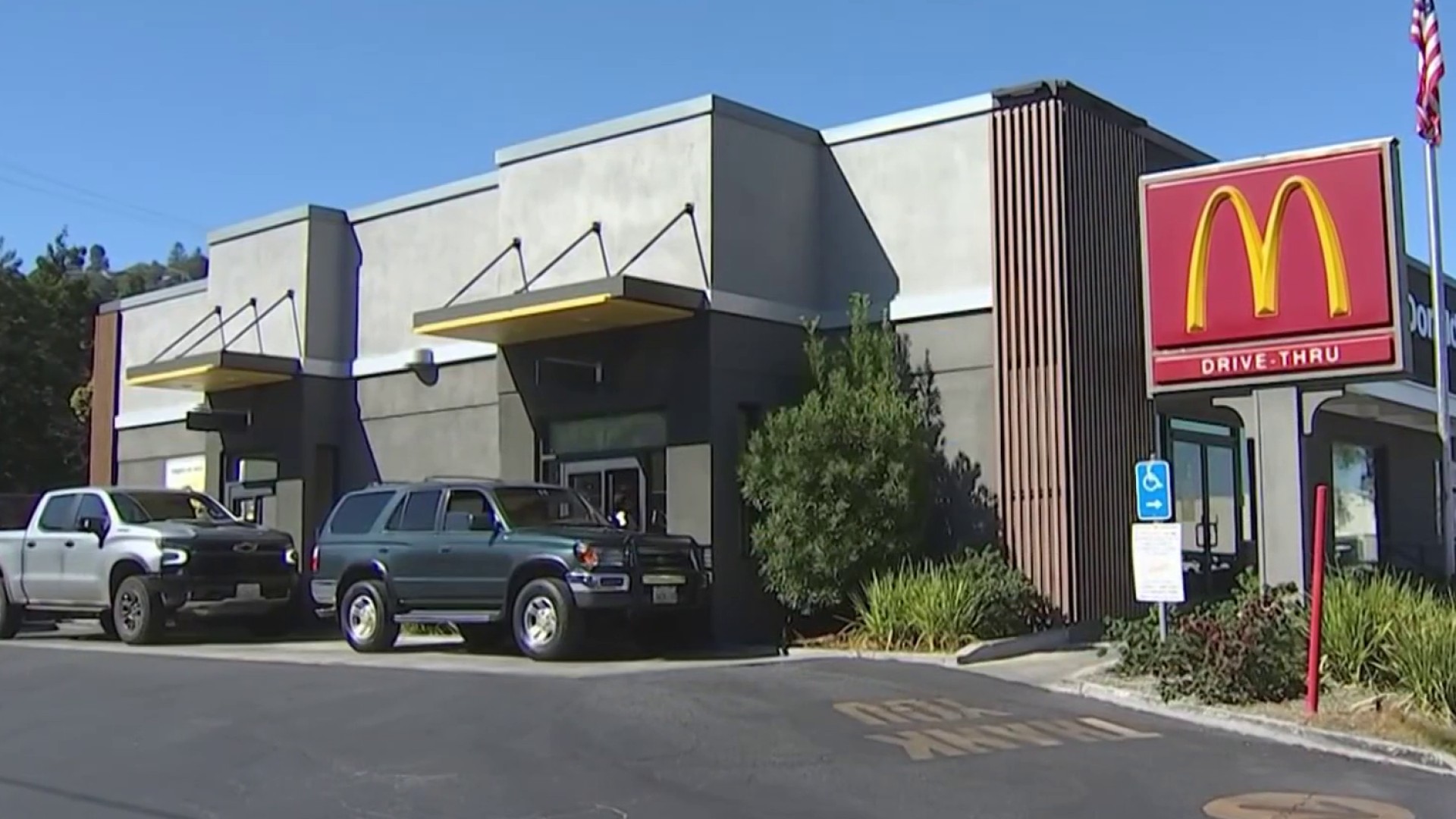Teaching children outdoors is not always going to be an option when schools reopen. And, indoors, researchers have documented poor ventilation in classrooms for years, which has been linked to falling test schools, respiratory effects and poor attendance.
It’s something the Investigative Unit first reported on in December.
Yet parents like Eric Park of San Mateo County say classroom under-ventilation remains a backburner issue for many California school districts – even though the World Health Organization says the virus causing COVID-19 can spread through close contact, respiratory droplets and aerosols.
“I think this issue is challenging for two reasons,” Park said. “One is because it’s somewhat of an invisible issue. It’s not like you don’t have a sports program or a music program…and two, because of that, it’s hard to get the funds.”
Before the pandemic, Theresa Pistochini, an engineering manager with UC Davis Energy and Efficiency, worked with air quality scientists and visited 104 classrooms across California. They found 85% of classrooms with relatively new heating, ventilation and air conditioning (HVAC) systems were under-ventilated – meaning not enough outside air was coming inside.
Most of the systems weren’t maintained or set up properly, Pistochini told NBC Bay Area.
This ventilation problem exists beyond California classrooms. In June, the U.S. Government Accountability Office released a report saying it recorded 36,000 schools nationwide that needed HVAC updates. That’s 41% of all the districts and 54% of all the public schools they surveyed across the country.
“We wouldn’t say it’s acceptable to send kids back to classrooms that are not disinfected on a daily basis. So why do we think it’s acceptable to send kids back to classrooms that aren’t ventilated?” Pistochini posed.
National Investigations
Why do we think it's acceptable to send kids back to classrooms that aren't ventilated?
- Theresa Pistochini, UC Davis Energy and Efficiency Institute
Many of the school HVAC systems Pistochini and her colleagues reviewed were funded by Proposition 39, which is a ballot measure California voters approved in 2012. Prop. 39 allocated about $1.7 billion to California K-12 schools for energy efficient projects, all of which the California’s Energy Commission approved.
When NBC Bay Area reached out to the commission for an interview about problematic school HVAC systems, the agency discussed the issue but declined to go on camera. It released a statement by Commissioner Andrew McAllister that said, in part:
“Good indoor quality should be a given for every student…The California Energy Commission collaborates to provide the necessary training and tools to the Division of State Architect to their inspectors can oversee schools’ compliance with energy code.”
NBC Bay Area has learned there is no California statute that focuses solely on classroom ventilation safety, even though under-ventilation has been linked to negative effects on students. Moreover, the state requires buildings to submit HVAC test results for review, but schools are not part of that requirement.
California Division of State Architect provides construction oversight for schools, but told NBC Bay Area in an e-mail, “facility maintenance is up to the school districts and is not in DSA purview.”
Park said school districts already face significant challenges.
“It needs to be something that is more systemically addressed, like it has to be something at the state level or the federal level,” he said.
After multiple requests for an interview, both DSA Acting State Architect Ida Clair and Deputy to the State Architect Kurt Cooknick declined to speak to NBC Bay Area on camera.
Clair said in an email the agency performs outreach to school districts to stress the importance of system maintenance and presented webinars.
Park says he’ll continue to push schools and state leaders to prioritize proper air quality in classrooms. For him, this is a family issue. His son is a student and his wife is an eight grade teacher.
“It just doesn’t feel safe,” he said.
Follow Candice on Facebook and Twitter at @CandiceNguyenTV, or send her an email at Candice.Nguyen@nbcuni.com. If you have a tip for the Investigative Unit, email theunit@nbcbayarea.com or call 888-996-TIPS.


